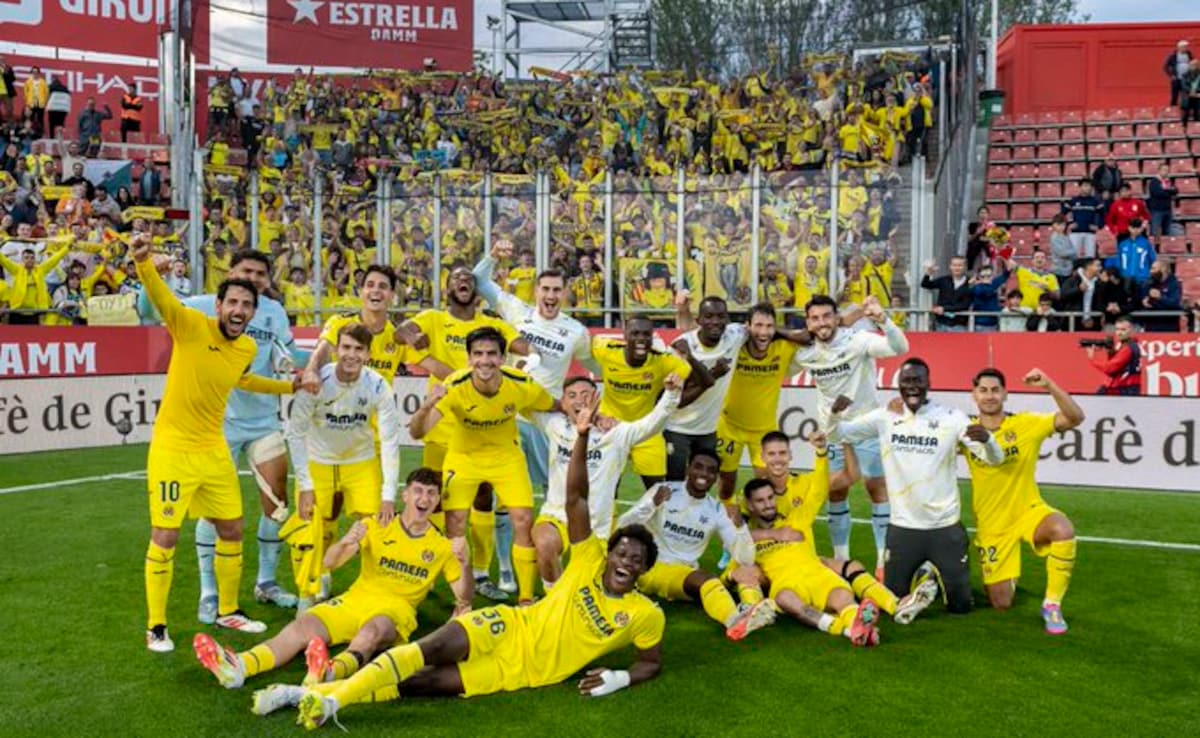As AI continues to evolve and expand into every industry, companies are still working on ways to best integrate the technology into their business.
These tools have made operations run quicker and smoother, saving time and boosting productivity. But there is still a lingering fear that bots will replace people or turn out AI-generated content—especially in more creative fields.
As many media and entertainment companies dive deeper into AI, it is becoming clear that these tools can never replicate the value of human input and creativity.
AI and Independent Media
After two decades in traditional media, most recently as the president and editor-in-chief of Digiday, Brian Morrissey decided to step away to build his own independent platform.
“I saw what was going on—there was a shift in the marketplace from institutions to individuals, and individuals could have a lot of leverage in the market,” he told Newsweek.
Morrissey wanted to create a platform that allowed him to be an analyst and personality in the media field by taking a “very lean approach” that required lower costs compared to traditional media companies.
But starting a new business can be overwhelming. Fewer frills also mean fewer resources. As The Rebooting grew from a Substack newsletter to a media trade publication with a podcast, webinars and other events, Morrissey found that many functional jobs fell on his lap.
He has full-time employees to handle business operations, sales, podcast producing and accounting, but the business decisions and content creation are all on him. With AI, those jobs are becoming easier.
“The way I looked at AI was that it could be an assistive tool to make myself more efficient, not looking to replace myself with a robot,” he said.
In media, Morrissey said AI’s summarization and pattern matching can help save reporters time at various steps of the reporting and producing process.
“I think a lot of times with AI, people are looking for the sort of home run and it’s a lot of singles and doubles right now, but when you start to add those up, you’re putting a lot of points on the board,” he said. “If you commit to using it and putting in the sort of effort, you’re not going to get it right immediately, but it can really help speed up any of these processes.”
For example, his team uses AI to speed up the podcast editing process, transcribe important meetings, identify themes and pull quotes from transcripts and reports.
While AI has proven useful in a media environment, Morrissey doesn’t believe there is any place for AI in content production.
“I feel like AI is like a nonwriter’s idea of what good writing is,” he said. “I haven’t seen a lot of AI-generated content as journalistic or journalistic-adjacent that is very compelling, and there’s the hallucination and accuracy issues, but when it comes to doing research, you can do a lot with [AI].”
AI Policy Requires Top-Down Permission for Exploration
AI is helpful for new and legacy companies alike. Imax has been at the forefront of technological advancements in the entertainment industry. The Canadian company is responsible for the cameras and projection systems that allow movies to be seen on the biggest screens around the world.
A few years ago, Imax began discussing how the company could integrate AI tools into its operations.
“We were definitely embracing it early on because we wanted to explore the potential and how it might affect people’s day-to-day life,” Imax Chief Technology Officer Pablo Calamera told Newsweek.
He describes AI as a sort of assistant that takes care of the more “mundane” tasks and allows employees to have more time for deep analysis, planning and creativity.
“I have only so much time to dedicate to different work streams, with all the different departments that report to me, so that extra time that it gives me means there’s more time that I could spend on those individual projects,” he said. “I now have more time to do more quality work.”
But before employees dove into the AI world, Imax leadership met to devise a comprehensive plan on how to use and not use the new tool.
Calamera said having a formal policy that comes from the top down creates a “safe space” that gives employees permission to experiment within set guidelines and parameters.
“By coming out with this policy, everyone started to jump in and use it to figure out how AI could help them do their job,” he said. “Just heading into that with that point of view really helped a lot.”
He said having a set corporate policy “unlocked people’s appetite for exploration,” which has led employees at Imax to become more inquisitive about using data in better and more impactful ways.
The company recently announced its partnership with Camb.ai to use AI speech models to translate original content and documentaries across 140 languages. Camb.ai technology has already dubbed and translated speech for live sports events, including Eurovision Sport and Major League Soccer.
In the film industry, Calamera said people are often working in a time crunch. But he’s cautious not to equate saving time with getting rid of people. He reinforces to others that while AI is a tool, human opinion ultimately makes the decision.
“The output of AI is not quite good enough as far as resolution goes for all the different types of formats that we need,” he said. “You can’t just take what AI gives you and just use it.”
For example, Imax marketing teams will use AI tools to zero in on core concepts and messaging they want to use in a campaign and then work with an agency to produce the final artwork.
In addition to the artistic eye humans add to projects, people bring a unique emotion and contextualization that AI cannot replicate.
“There’s a business development relationship element to it,” Calamera said. “I don’t know how AI would make the right decision 100 percent of the time.”
Partnerships Are the Future of AI Use in Media
As AI technology continues to evolve and advance, some companies are taking the next steps by forging symbiotic partnerships with AI companies that elevate the media business in new ways.
Dotdash Meredith (DDM) is one of the largest digital and print publishers in the country, with over 40 brands like People, Better Homes & Gardens, Food & Wine and Investopedia.
Last year, DDM announced a new strategic partnership and licensing agreement with OpenAI, an AI research organization. Through this agreement, OpenAI will include attributed links in ChatGPT responses that source information from DDM. The AI firm will also work with the publisher to create AI products and features for DDM readers.
Specifically, OpenAI’s models will assist with DDM’s intent-based ad-targeting solution, D/Cipher, which connects advertisers and consumers based on the content consumers read, without using internet cookies.
“We are actively working with them to try to figure out how publishers and AI companies can build a really positive ecosystem going forward,” Dotdash Meredith’s Chief Innovation Officer Jonathan Roberts told Newsweek. “OpenAI has built remarkable leading AI technology, but they’re not a publisher. So bringing together the skill sets from both sides has been very productive.”
DDM launched its first AI-powered ad at the end of last year, and after three months, the company is seeing an increase in user engagement compared to normal ad units, according to Roberts.
“It’s not that people don’t engage with ads, they just don’t engage with bad ads,” he said. “We’ve done something deeply relevant and deeply personalized that actually works.”
The website customizes messages to be relevant to all different types of readers on the page in that moment. This choose-your-own-adventure experience leads users down multiple paths based on the content they consume. With tens of thousands of distinct journeys, the company saw how it could scale the ad experience to gain more interactive, real-time information.
“We don’t need to know who you were last week—we’re going to let you pick your path so you can tell us who you are and what you need right now,” Roberts said. “We give you highly relevant paths in the moment, and it works beautifully.”
For a publisher with millions of readers per vertical, content quality and trust are paramount at Dotdash Meredith. Roberts said that all of the company’s content will be written by humans with a specific perspective or expertise.
The reason? AI-generated content gives an “average” answer that isn’t as good.
“As a publisher, we expect to be building a trusted answer, an answer with perspective, an answer with opinion, an answer coming from a point of view you wouldn’t expect to get, a surprising answer or the answer you would expect from this brand,” he said. “As we go forward and there is more machine-generated average content, the premium on quality, expert human-written content is going to go up.”
Pablo Calamera and Brian Morrissey are two of the judges for Newsweek‘s AI Impact Awards, which recognize unique and innovative AI solutions that solve critical issues or advance capabilities across various industries. The awards highlight measurable impacts AI delivers in various business operations, including marketing, customer experience, product development and supply chain optimization.
Entries are open until April 25, and finalists and winners will be announced in late May ahead of the AI Impact Summit in June. The panel of expert judges is led by Newsweek Contributing Editor Marcus Weldon, an AI scientist and former president of Bell Labs.
For more information on the event and entry guidelines, please visit the AI Impact Awards homepage.





